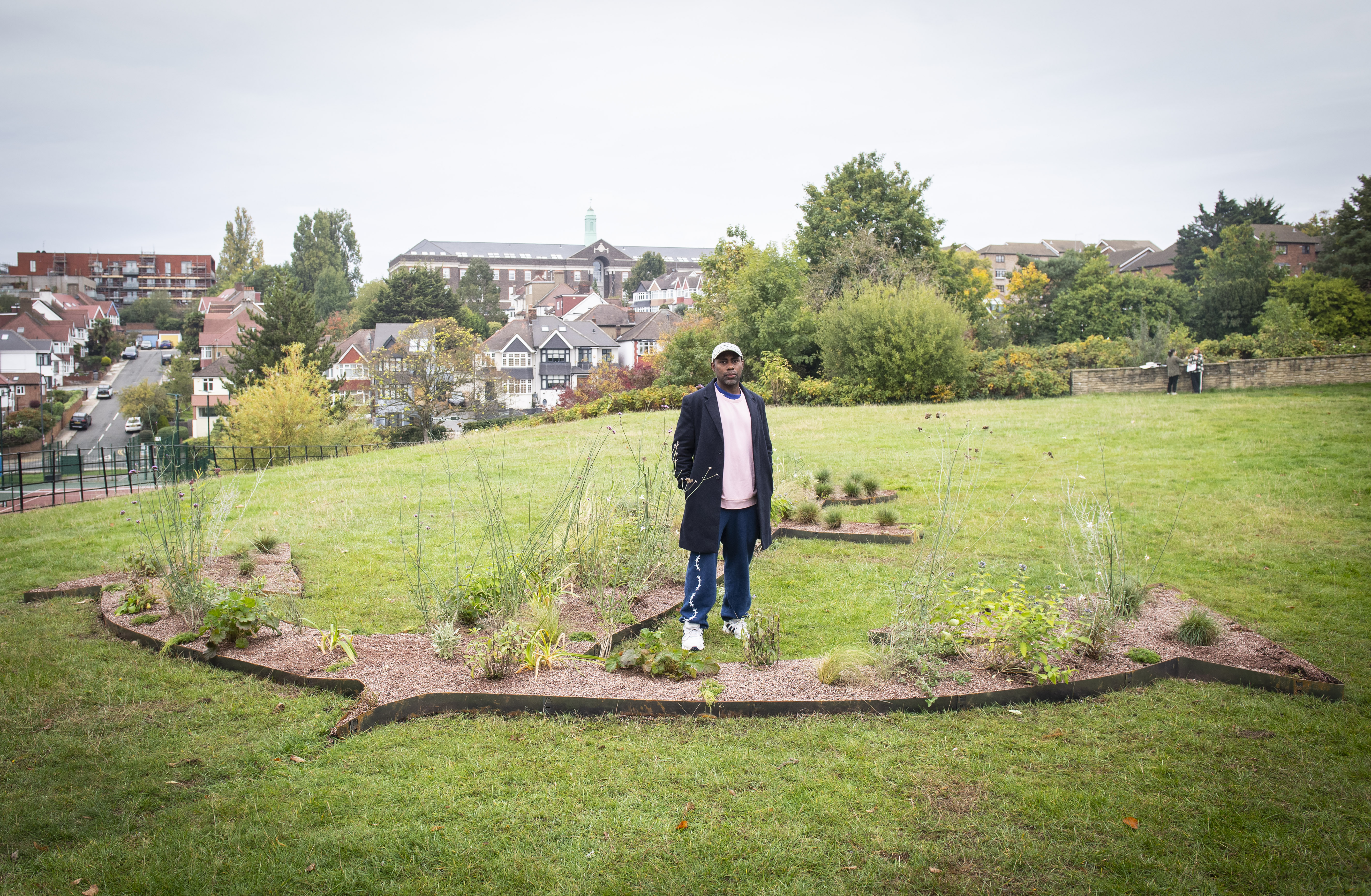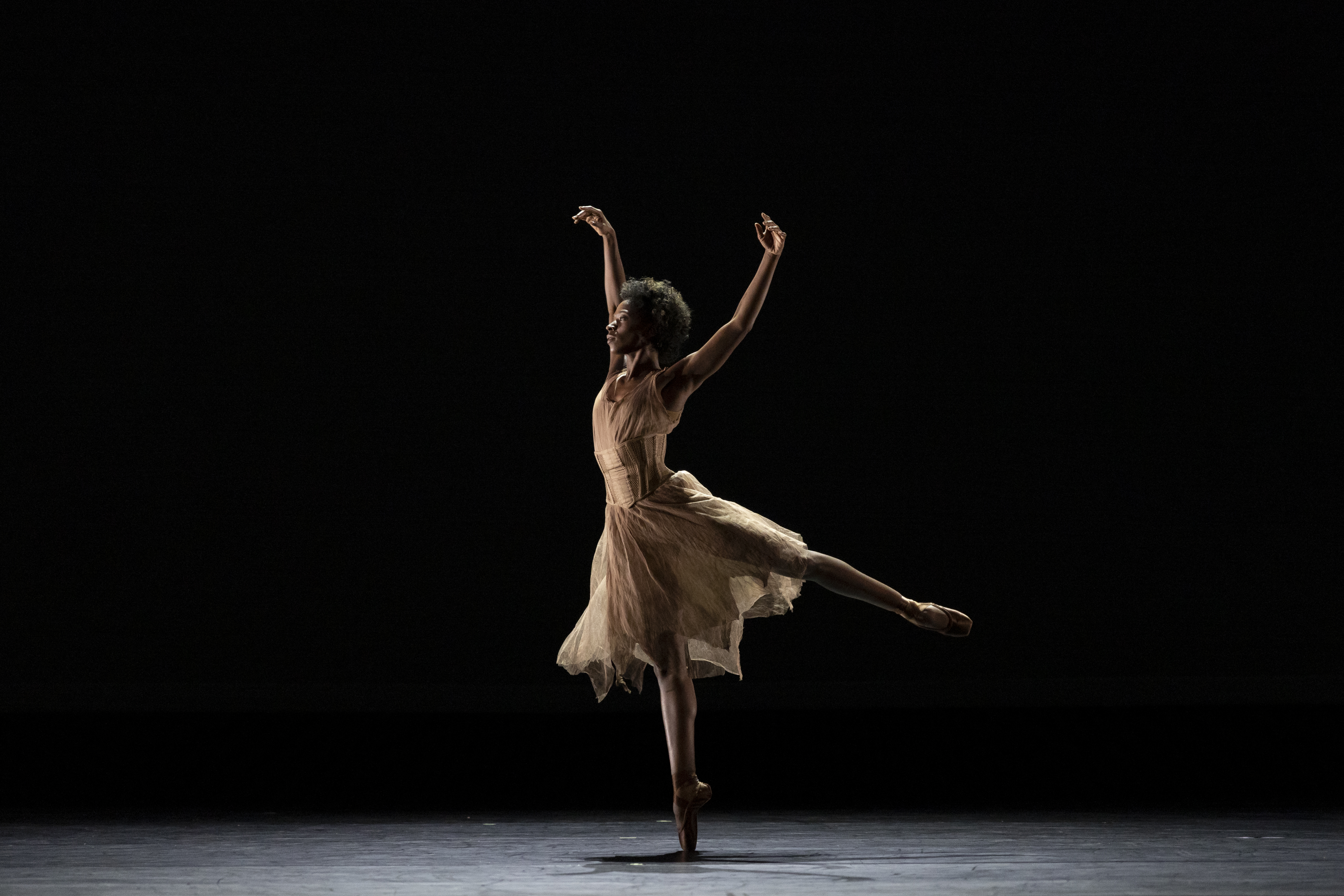We need more Black literary festivals
"Publishing tells us the majority voice is the white middle-class male - this just is not the reality."
Think of a literary festival, or look up stock footage from any of the mainstream ones, and the image that comes up is overwhelmingly white. And it's not just a first impression: the makeup of the organising bodies curating and producing the events, the headlining talent on the posters the sea of white faces in the audience - the numbers bear it out.
This homogeneity goes beyond race, even if race is it's most obvious visual marker. Exclusivity and elitism have been recurring features of British literary festivals since their inception. This seeps into everything from where they are located - often in rural places that are harder to access via public transport - to the price of tickets, and the topics and issues being discussed. As a result, writers and readers who aren’t white, middle-class, or of a certain age, have the message reinforced that these spaces are not for them.
More than three hundred literary festivals take place every year in the UK, Hay Festival is one of the biggest, alongside Cheltenham, Edinburgh, and Wow Festival. But the issue of a stark lack of diversity has always plagued the sector. In 2015, out of the more than 2,000 authors who featured in the UK’s three largest festivals, only 4% weren’t white.
Hannah-Azieb Pool is trying to change this. As the artistic director and CEO of the Tottenham Literature Festival, an event that centres Black writers and narratives, she is determined to create a space that feels authentically inclusive, spotlighting creative talent who have been historically marginalised in literary circles.
“We are creating a platform for audiences of all demographics to really experience the power of Black storytelling in all its forms, and the power of words in all their forms as well,” Hannah-Azieb tells The Lead. “It’s poetry, it’s fiction, it’s nonfiction, it’s workshops, it’s performance.
“The joy of something like a literature festival, is the sense that we are doing something communal. We are not just sitting back and hearing from authors, we are talking with authors, we are authors ourselves, we are thinking of ourselves as writers, we are thinking of our own stories. We are engaged. There is a kind of corporeal, or embodied sense of that storytelling.”
As an author herself, Hannah knows first-hand what it feels like to sit on stage and discuss sensitive issues of race and identity in front of an entirely white audience. She says it can make you feel guarded and unsafe, and there is often anxiety or awkwardness when it comes to the Q&A section.
“Even as a Black author speaking on stage, you're still experiencing that from a place of being in the minority. I've had this experience so many times - you’re excited to see one of your favourite writers on stage, and then the audience is so super white that it actually becomes quite a tense experience.
“You get to the Q&A and you're like, ‘oh my gosh, please don't ask anything disrespectful!’
“Audiences of all demographics are welcome at our festival, but because of the way we programme, and because of the work that we do all year round at the Bernie Grant Arts Centre, we have majority Black audiences. So for the audience, if you're a Black or POC reader, you are already in a different space, because you are in the majority.”
“What happens when we write ourselves into being?”
Hannah-Azeib isn’t alone in her efforts to improve this space. Over the last few years, there has been a drive to increase diversity in publishing as a whole, and this extends to festivals - but these changes are all relatively recent. The Bare Lit Festival, which was reported to be the first ever lit festival for writers of colour, was only launched in 2016. In the six years since, there have been a handful of other initiatives - notably the Black British Book Festival, and Brighton Book Festival - launched by Afrori Books and the Feminist Bookshop - but events that centre diverse voices are still a drop in the ocean.
The theme of the Tottenham Literature Festival this year is ‘healing stories’, exploring the ways in which words can help ease the pain of trauma and disconnection, and the power of writing yourself into history.
“What happens when we write ourselves into being?” asks Hannah-Azeib. “There is so much power in that act.
“Recently, it has felt like things are disintegrating around us. When I feel like that, I turn to literature, because often we've been here before. It can feel as though what's happening within our communities, what's happening in the outside world, is new and terrible and isolating. But then you pick up a book written 20 years ago, and you understand that actually, these challenges aren't necessarily new challenges.”
While our modern-day struggles may feel new on a surface level, Hannah-Azeib says that often you will find there are strategies already in place, there are people already doing the work. Reading can help you to connect these points in our collective histories.
“Literature, particularly Black literature, is a really good anchor, an incredible tool to help heal our spirits,” she says.
“But it's also a future thing as well, because there is power in being able to write our stories and write our narratives and speak with each other from a place of connection. Literature is at the heart of that.”
Literary festivals have been struggling in the wake of the pandemic, and are being squeezed even further by the pressures of the cost of living crisis. Attendance is still down on pre-2020 levels and the sector is riddled with uncertainty.
In order to survive, Hannah-Azeib believes curators must be more innovative, and work harder to attract a wider audience. She says a shift perspective is needed as well as challenging the dominant voices in the space.
"Publishing tells us that the majority voice is the white middle- or upper middle-class male - this just is not the reality. For too long, the publishing world has viewed Black POC global majority voices as minority voices."
She concedes that things have improved. In the publishing world, doors have opened slightly for the majority voices, and the idea of storytelling being by everybody and for everybody is growing. But one of the spaces where progress is still lagging behind is within festivals.
“It's a power thing. To be able to run a festival, you need all the resources, the money, there's a machine that you need behind it. As a result, literature festivals are still overwhelmingly white. The authors are white and middle-class, the audiences are white and middle-class.”
Accessibility is at the forefront of Hannah-Azeib’s mind when curating this event. This year’s festival - which will be going into its fourth year this November - boasts a significant free programme, with the rest operating on a ‘pay what you can’ structure to help ensure that cost does not act as a barrier for people to be involved. There is also a line-up of activities taking place online for people who can’t get to Tottenham, or aren’t comfortable with in-person events.
This year, Hannah-Azeib and her team will also showcase Tottenham’s first Big Read, which will see the festival hand out 1,000 free books to children and adults in the community, as well as a full day dedicated to events for children, headlined by poet and broadcaster Lemn Sissay.
“When you have a majority Black audience, the kind of conversation is different, the energy is different. No one is worrying that someone is going to ask a racist question,’ Hannah-Azeib says.
“Then what also happens is that the authors and the artists who are taking part are able to drop their armour. They can feel comfortable, safe, and trust in the audience. Which is so important.”
The Tottenham Literature Festival will take place at Bernie Grant Arts Centre, 14 November – 20 November 2022.
The Lead is now on Substack.
Become a Member, and get our most groundbreaking content first. Become a Founder, and join the newsroom’s internal conversation - meet the writers, the editors and more.




